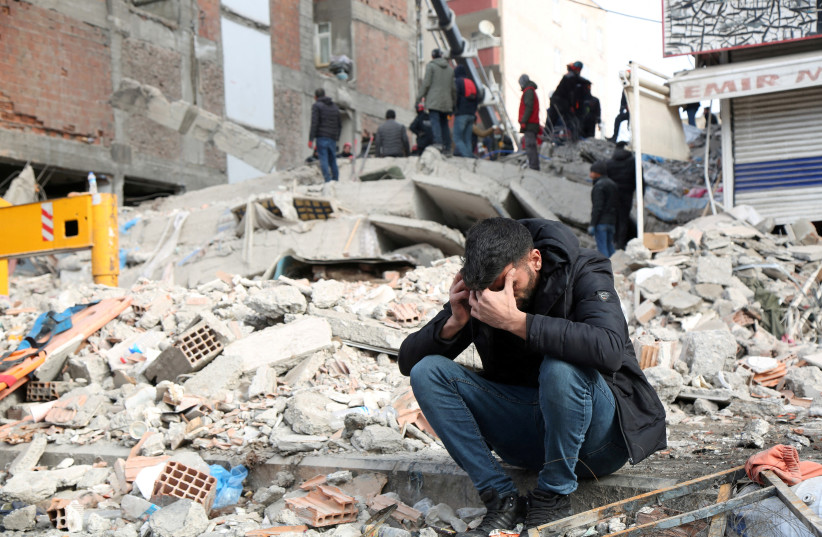The World Health Organization is deploying expert teams and flights with medical supplies to Turkey and Syria after Monday's devastating earthquake.
Aid being sent
It will send a high-level delegation to coordinate its response as well as three flights with medical supplies, one of which is already on its way to Istanbul, WHO Director-General Tedros Adhanom Ghebreyesus told a media briefing on Wednesday.
"The health needs are tremendous," said Dr Iman Shankiti, the WHO representative for Syria.
The combined death toll in the two countries is currently more than 11,000 people. WHO officials have previously estimated that the toll may reach more than 20,000 deaths after the disaster.
Many thousands are also injured, Shankiti said, adding that the Syrian healthcare system was already on its knees after years of war. In Turkey, WHO representative Batyr Berdyklychev said more than 53,000 people were injured and aftershocks are continuing.

As well as trauma kits, WHO emergencies director Mike Ryan said that mental health support was also critical for survivors, as well as supporting other ongoing medical needs. WHO has released $3 million for its initial response.
The WHO incident manager for the earthquake, Rob Holden, said that many people need support with the "basics of life," such as clean water and shelter in worsening weather conditions.
"We are in real danger of seeing a secondary disaster which may cause harm to more people than the initial disaster if we don't move with the same intention and intensity as we are doing on the search and rescue side," he said.
